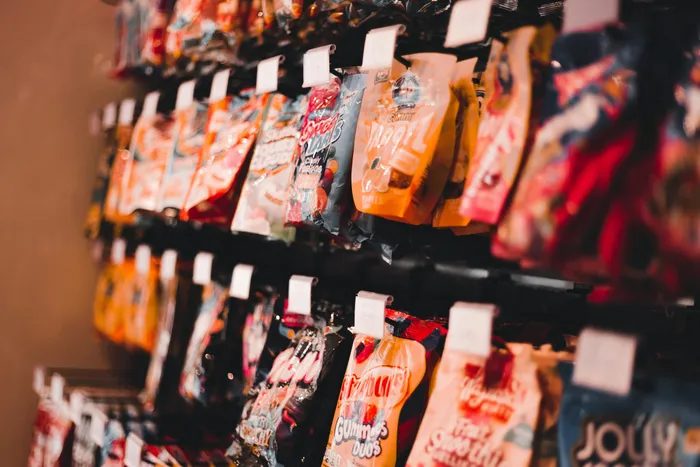National Child Protection Week | It's time to stop sugarcoating junk food for kids

In the aisles of our supermarkets, children are bombarded with food and beverages high in sugar and saturated fat contained in colourful packaging, often with cartoon characters and misleading health claims.
Image: Erik Mclean/Pexels
As South Africa marks National Child Protection Week from 29 May to 5 June, the Healthy Living Alliance (HEALA), urging the government to adopt stronger measures to safeguard the nutritional wellbeing of the nation’s youth.
In supermarkets across the country, children are inundated with colourful, eye-catching packaging promoting foods and beverages that are excessively high in sugar and saturated fat. Brightly decorated items adorned with cartoon characters and misleading health claims target young consumers, significantly contributing to the rapid rise in obesity rates.
Over the past decade, childhood obesity in South Africa has surged from one in 20 to one in eight children. If current trends continue, by 2031, more than 4 million children aged 5 to 19 could be grappling with obesity-related health issues, positioning South Africa among the top ten countries globally for childhood obesity.
“This is a matter of child protection,” says Zukiswa Zimela, Communications Manager at HEALA.
“Children are particularly vulnerable to packaged foods that are often detrimental to their health. Parents strive to make healthy choices, but without clear, visible warnings on packaging, they are set up to fail. We cannot afford to allow this situation to persist.”
In response to this alarming trend, HEALA has called upon the Department of Health to swiftly implement mandatory front-of-package warning labels (FoPWL).
These labels would feature simple, discernible icons that alert consumers when a product is high in salt, sugar, or saturated fat, and contains artificial sweeteners.
Countries such as Chile, Mexico, and Argentina have successfully implemented similar measures, yielding positive results in reducing unhealthy food consumption and altering public perceptions of these products.
“The evidence is irrefutable. The World Health Organization endorses front-of-package labels as a vital public health intervention,” asserts Nzama Mbalati, CEO of HEALA.
“Such labels must be mandatory, interpretive, and easy to understand, particularly for those with lower literacy levels, including children. The science is sound, and we are just waiting for the political will to act.”
South Africa's draft regulations (R3337) to include these mandatory warning labels were introduced in April 2023; however, they remain unfinalised.
Despite significant public demand and escalating health risks, the National Department of Health has not yet acted. As of February 2024, submissions from the public comment period had yet to be reviewed, leading to speculation that food industry interests may be obstructing the legislative process.
“While bureaucratic delays continue, our children are growing increasingly unhealthy,” warns Mbalati. “They are being conditioned for a lifetime of health complications, such as diabetes, high blood pressure, and heart disease, simply because we lack protective measures to limit their exposure to harmful foods.”
Yolanda Tarisayi Radu, Senior Researcher in Law and Policy at PRICELESS SA, echoes these sentiments, stating, “Research indicates that front-of-package warning labels are not only effective in curbing unhealthy food consumption but are also crucial for adhering to the constitutional right to health for every child in South Africa. Clear and visible labels empower families to make better nutritional choices while holding food manufacturers accountable.”
According to HEALA, voluntary labelling schemes have proven ineffective, often leaving consumers confused and enabling manufacturers to circumvent regulations.
“We need mandatory warning labels,” asserts Zimela.
“We cannot permit food companies to prioritise profits over public health.”
Studies conducted in South Africa have shown that while Guideline Daily Amounts (GDA) labels often confused consumers, warning triangles resulted in significantly improved identification of unhealthy products and decreased purchasing intentions.
The findings reinforce the notion that clear, unambiguous warning labels are imperative for a country where many rely on quick visual cues to make informed decisions.
This National Child Protection Week, HEALA urges civil society, parents, educators, healthcare professionals, and concerned citizens to unite in advocating for robust food policies that prioritise the health of children over corporate interests.
“Protecting our children means ensuring they have a fair chance at a healthy life, resisting corporate influence, and acting decisively to prevent further harm,” concludes Mbalati.
IOL
Related Topics: